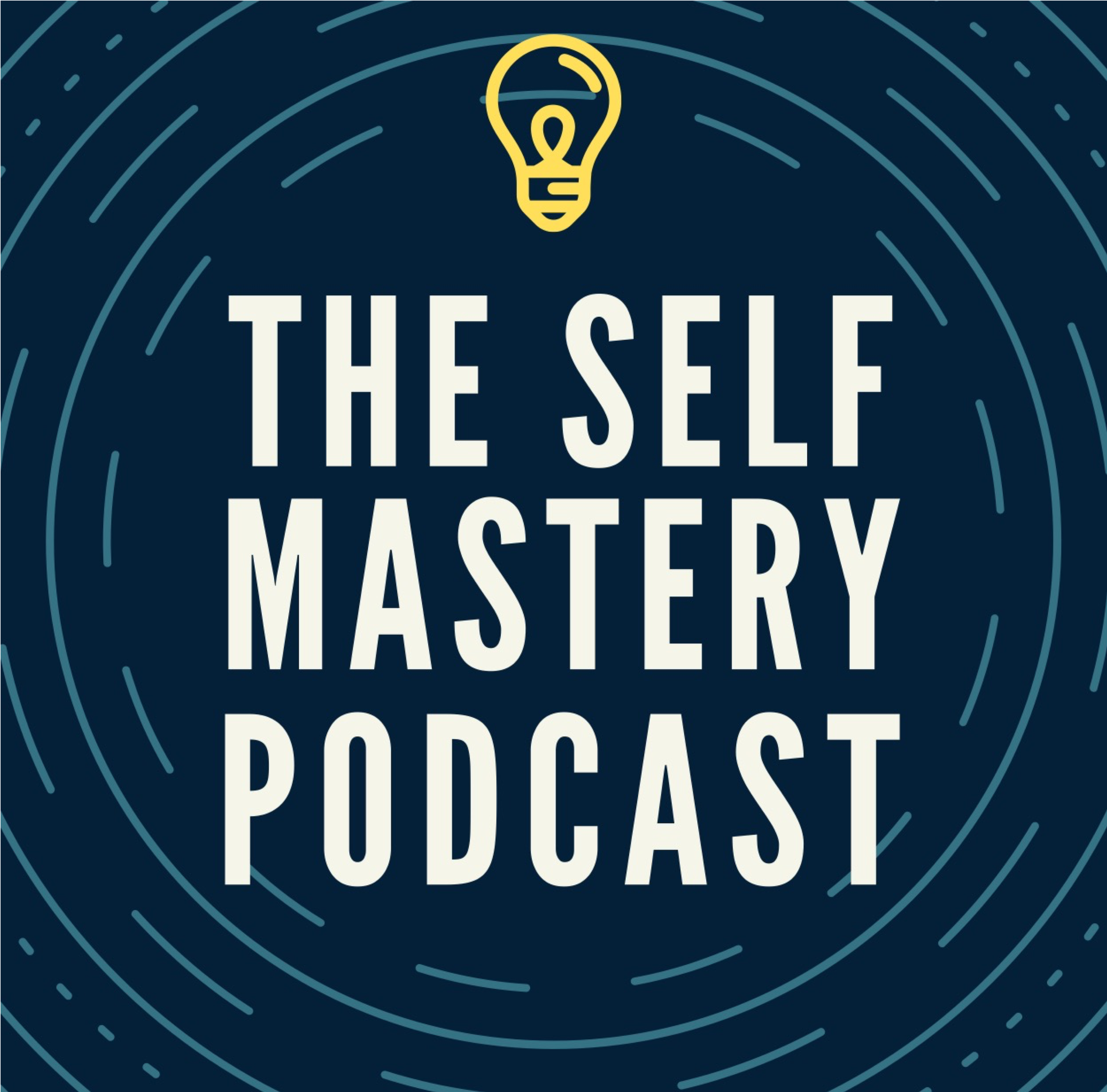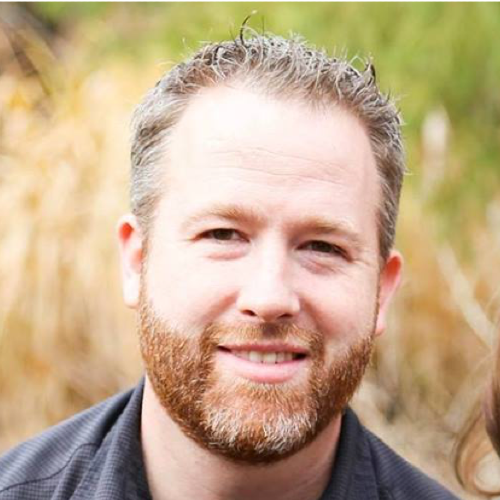Episode 301: Real Empowerment Isn’t About Feeling Good—It’s About Choosing What Matters
Thrive Beyond Pornography is about real change. Overcoming pornography was the hardest challenge of my life and marriage. It shattered my confidence, tainted my most important experiences, and felt impossible to escape.
But I did.
This podcast—and the resources at GetToThrive.com—will help you understand the struggle, break free from pornography, and build a thriving life with your spouse.
At some point, I stepped away from 12-step meetings and counselors. I stopped looking for outside solutions and started figuring out my own mind. That shift changed everything. Here, I share those lessons with you. You’ll get the tools, principles, and mindset shifts you need to reclaim control—starting today.
Whether you're struggling with unwanted pornography use, supporting a spouse, or just feeling stuck, this podcast will help you move forward. You’ll hear real conversations with my spouse, experts in human sexuality, and former users who have broken free.
Thrive Beyond Pornography brings a fresh perspective to your journey, helping you change the way you think—and, ultimately, the way you live.
Transcript
Episode 301: Real Empowerment Isn’t About Feeling Good—It’s About Choosing What Matters
Zach Spafford:
Hey everybody, and welcome back to Thrive Beyond Pornography. I'm your host, Zach Spafford. I want to start with a question I’ve asked myself more times than I can count—and maybe you have too:
"If I’m doing the right things, why don’t I feel better yet?"
If you’ve ever thought that real change should feel like confidence, peace, or constant motivation—you’re not alone. Most of us assume that once we’ve made the decision to change, once we’ve stopped using porn for a little while, we should feel stronger and more in control.
So when we still feel anxious, discouraged, ashamed, or overwhelmed, we assume something must be wrong with us.
But today, I want to flip that script. Because empowerment isn’t about how you feel—it’s about what you choose to do, especially when you feel terrible.
The truth is, freedom from pornography—or any deeply ingrained habit—isn’t built in the feel-good moments. It’s forged in the messy ones. The tired ones. The “I don’t want to do this today” ones. That’s where real strength is born.
So let’s dig into what real empowerment actually looks like—how you live it, even on your hardest days.
"I Thought I'd Feel Better by Now..."
This is something I hear a lot from clients, podcast listeners, even people close to me:
"I thought I'd feel better by now."
And I get it. We’ve been sold a recovery narrative that sounds like a movie trailer:
"I hit rock bottom, took back my life, and now I feel unstoppable!"
But real-life healing? It doesn’t look or feel like that.
It’s a win followed by doubt.
A breakthrough followed by shame.
A streak followed by an unexpected setback.
That roller coaster can leave you wondering:
"If I still feel this bad, maybe I’m not actually empowered. Maybe I’m just faking it."
Here’s what I want to say loud and clear:
That belief—that empowerment equals always feeling good—is a trap. It will keep you stuck.
Because the moment you feel tired, unmotivated, or overwhelmed, you’ll assume you’re failing.
But you’re not.
Empowerment Isn’t a Feeling. It’s a Skill.
We’ve been taught to believe that empowerment is a feeling—confidence, motivation, strength, clarity.
And sure, those feelings are awesome when they show up. But if that’s your only definition of empowerment, what happens when you wake up anxious, when shame creeps in, or when an urge hits?
You’ll assume you’ve lost your progress.
You’ll think you’re weak.
You’ll want to quit.
But here’s the truth:
Empowerment isn’t an emotional state. It’s a behavioral skill.
It’s your ability to act in alignment with your values—even when your emotions are screaming at you to quit.
And this matters especially for anyone working to overcome pornography. If you can only act in line with your values when you feel good, then you’re building a system that only works when life is easy.
But when you choose values-based action despite how you feel? That’s when your transformation gets real.
You don’t need to feel strong to be strong.
You don’t need to feel powerful to act powerfully.
The Role of Discomfort
Let’s talk about what often gets in the way: discomfort.
I say this a lot:
Discomfort is the currency of success.
Most people don’t quit recovery because they don’t want to change.
They quit because they thought change would feel better than this.
Instead, change feels like:
Shame resurfacing out of nowhere
Random, intense urges you haven’t felt in weeks
A wave of loneliness or regret that won’t go away
And your brain whispers,
"You shouldn’t feel this way. Something’s wrong."
But discomfort isn’t failure—it’s proof that you’re doing something hard and meaningful.
You’re stepping outside what’s automatic.
You’re facing the emotions you used to escape.
That is real growth.
And when those emotions show up? You can feel them—and still choose what matters.
Try this phrase:
“This is uncomfortable, but it’s not unbearable. I can feel this and still act in line with who I want to be.”
That’s empowerment.
4 Tools for Staying Empowered (Even When It’s Hard)
Let’s make this practical. What do you do when you’re deep in it—when your emotions are high, your motivation is gone, and you want to check out?
Here are four tools to help you stay grounded in empowerment:
1. Say Out Loud: “This is hard, and I can do hard things.”
It’s simple. But don’t underestimate its power.
When you name the truth out loud, you start to reset your brain.
You affirm your strength.
You choose action, not surrender.
2. Pre-Decide Your Response
Don’t wait until the moment of struggle to figure out what to do.
Ask yourself:
“What does acting in alignment look like when I feel tempted or ashamed?”
Examples:
When I feel an urge, I go for a walk.
When shame hits, I text someone I trust.
When I want to isolate, I journal for three minutes.
Make these your preloaded responses. Practice them. But remember—before you act, get centered. Pause. Breathe. Then move forward.
3. Track Behavior, Not Emotion
Stop measuring success by how good you feel.
Start measuring it by whether you acted in alignment with your values.
Even if the answer is, “I took one step forward and five steps back,” that one step still matters.
Progress is about consistency—not perfection.
4. Celebrate Aligned Action Through Discomfort
Don’t just celebrate the easy wins. Celebrate the moments when you chose growth in the middle of discomfort.
Examples:
“I felt anxious, but I still showed up in that conversation.”
“I had an urge, and I chose alignment anyway.”
These actions are how you rewire your brain for courage.
They’re how you build a new normal.
Final Thoughts
If you take one thing away from this episode, let it be this:
You don’t have to feel empowered to live empowered.
You don’t need to wait for the urge to pass or the shame to fade. You can choose what matters—right now.
That might look like taking a walk instead of checking out.
Sending a kind message to your spouse, even when shame says stay silent.
Turning off your screen and breathing through the urge.
These small choices—especially in the middle of discomfort—are how you build actual, lasting freedom.
Your Challenge This Week
When you feel overwhelmed, anxious, tempted, or ashamed, try saying this out loud:
“This is hard, and I can do hard things. This is happening, and I choose to align with who I want to become.”
Let that be your reset. Let that be your power.
And if you need support, reach out. I’m on Instagram @ThriveBeyondPorxography (where the “n” is an “x”), or email me at zach@zachspafford.com.
If this episode helped you, share it with someone who needs it. Not with promises of perfection—but with the reminder that freedom is possible, even when it’s hard.
Thanks for listening. I’ll talk to you next week.




